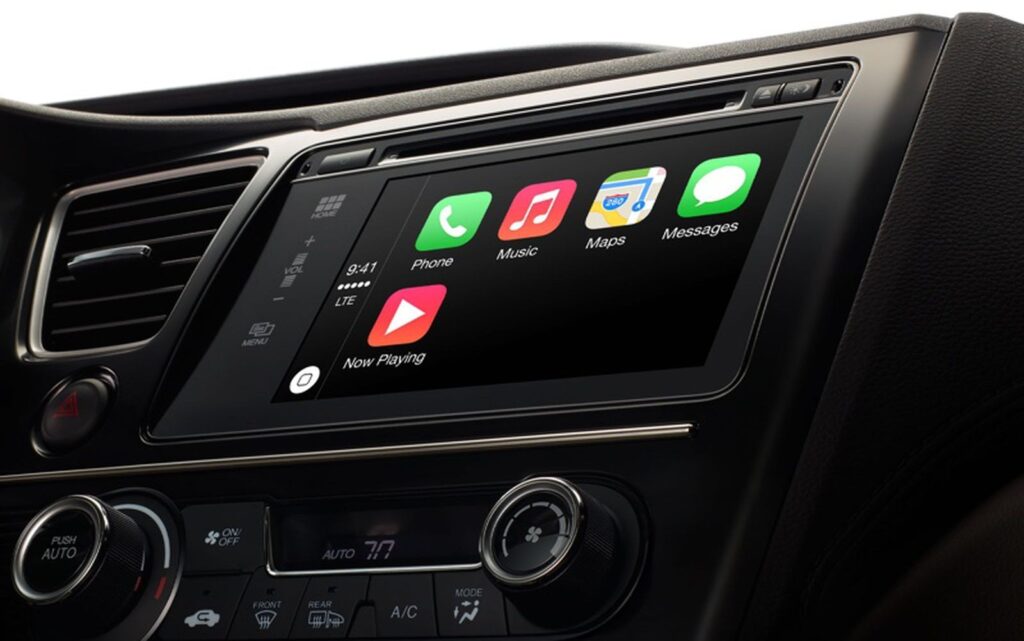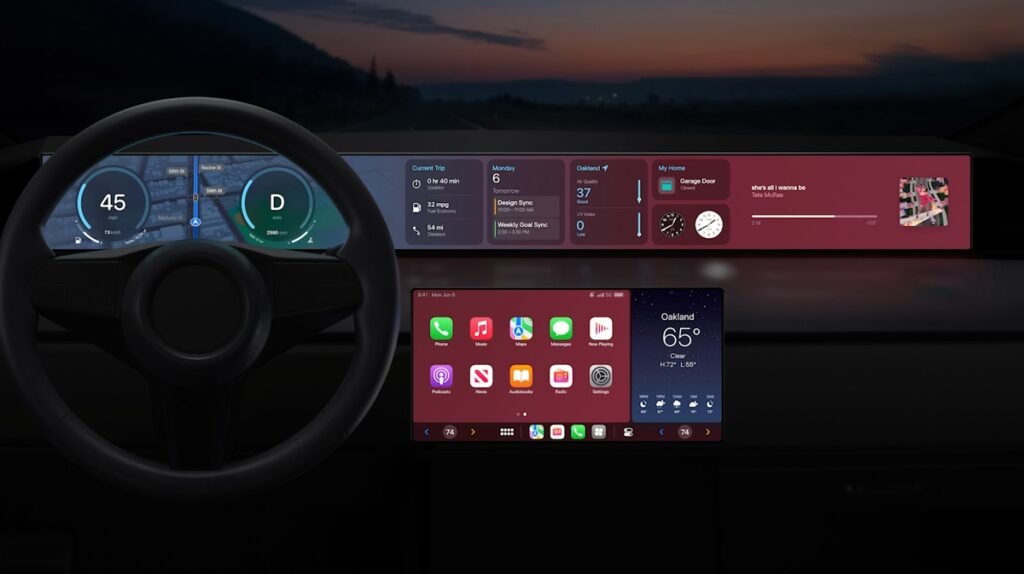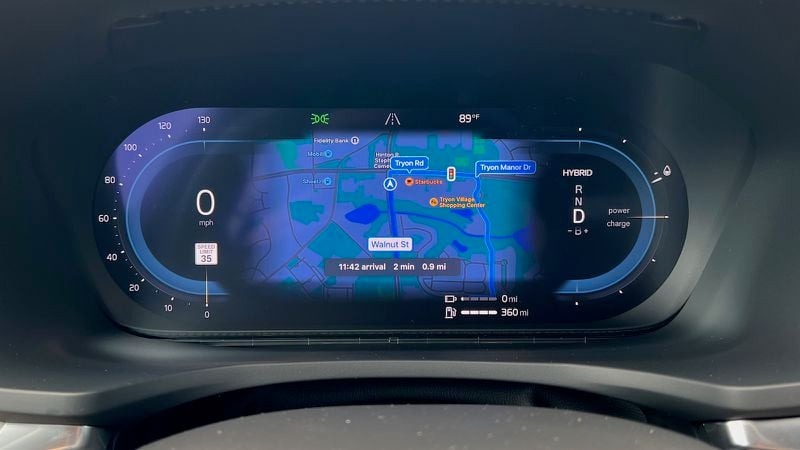Apple’s relentless CarPlay innovation march continues with the latest iOS 17.4 beta introducing the game-changing ability displaying core driving data directly onto vehicular instrument cluster screens.
This “Instrument Cluster” mode represents a logical evolution keeping sightlines safely ahead without glancing down at infotainment displays.
Let’s dive under the hood analyzing functionality, implementation, future potential, and strategic differentiation implications.
Embedding CarPlay Deeper into Dashboard Displays
Since launching in 2014, Apple’s CarPlay built substantial in-car footing by mirroring iPhone iOS ecosystem apps and services through vehicle infotainment touch displays.
This next level integration with native dashboard instrumentation pushes CarPlay visibility even deeper into automotive nerves centers.
Compatible instrument clusters can now surface essential CarPlay content like:
- Turn-by-turn navigation directions
- Current soundtrack metadata
- Incoming calls and messaging alerts
- Speed limit indicators

Eyes Up, Hands Free: The Safety And Convenience Implications
From distracted driving safety to UI convenience standpoints, tremendous upside exists allowing drivers monitoring route guidance, music changes, or phone notifications minus glancing sideways at central touch displays.
Instrument cluster integration enables significantly enhanced vehicular CarPlay experiences even absent full-blown self-driving automation.
Early Vehicle Compatibility and Considerations
As expected Initial CarPlay dashboard compatibility remains somewhat limited for now.
Thus far, approved automakers include:
- Volvo
- BMW
- Polestar
Manufacturers must update in-car software supporting specialized secondary screen rendering modes to participate.
Interestingly, Apple mandates retaining traditional instruments like speedometer visibility rather than ceding completely UI control.
Pushing Open Integration in the Automotive Industry
On a promising note, the beta rollout pushes more automakers adopting smartphones openly into cabin experiences historically guarded through closed proprietary systems.
This mirrors Apple advancing iOS/Android Auto support within vehicles where initially resisted.

Is Instrument Cluster Mode Only the Start?
Stepping back reveals Instrument Cluster mode represents the tip of the iceberg regarding long-run CarPlay ambition scopes.
One can easily envision Apple expanding CarPlay functionality to entirely replace integrated infotainment systems in the future.
Everything from music toMessages to EV charging routing could manifest through programmable in-car touch displays powered by iPhones.
Differentiation from Rumored “Apple Car” Efforts
This inevitably raises questions around differentiation between iOS-based CarPlay vehicle takeovers versus Apple’s mythical self-driving “Project Titan” ambitions.
But the company wisely avoids overlapping efforts by segmenting CarPlay as in-car experience enhancer harnessing smartphone iOS continuity stopping short of steering wheel handling.
This reserves autonomy aspirations for bespoke Apple vehicle development unifying hardware and software stack like MacBooks while extending iOS mobility everywhere.










Add Comment